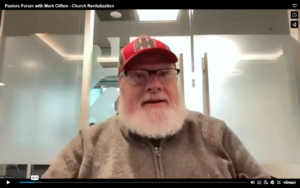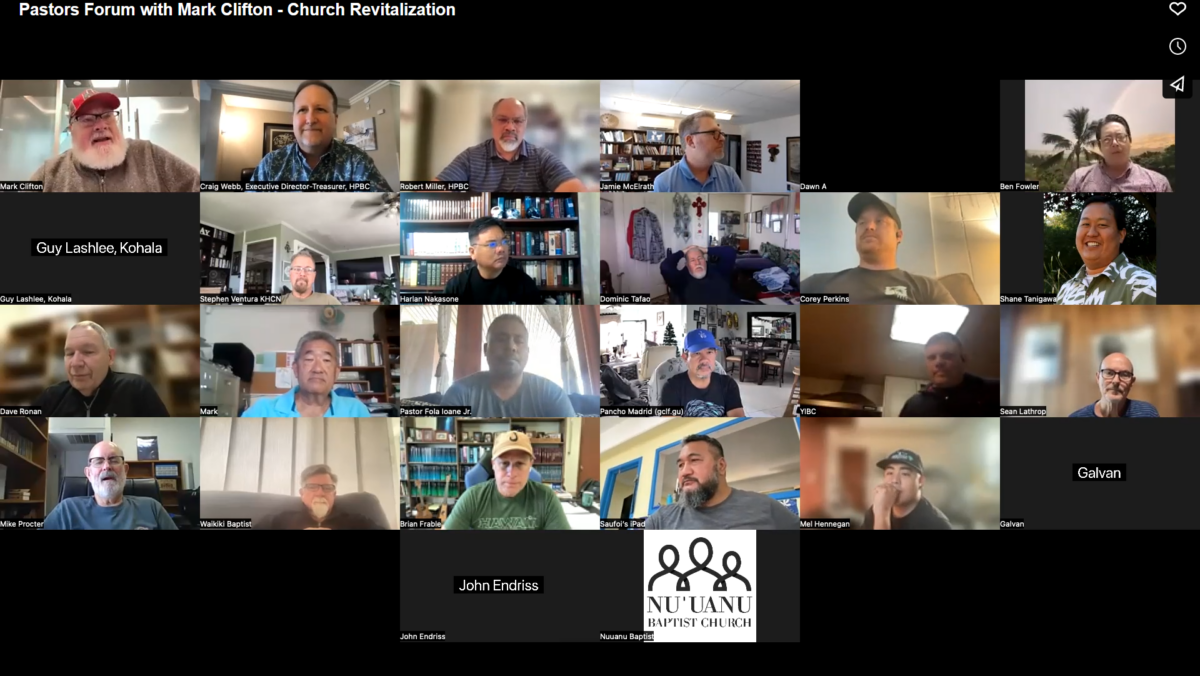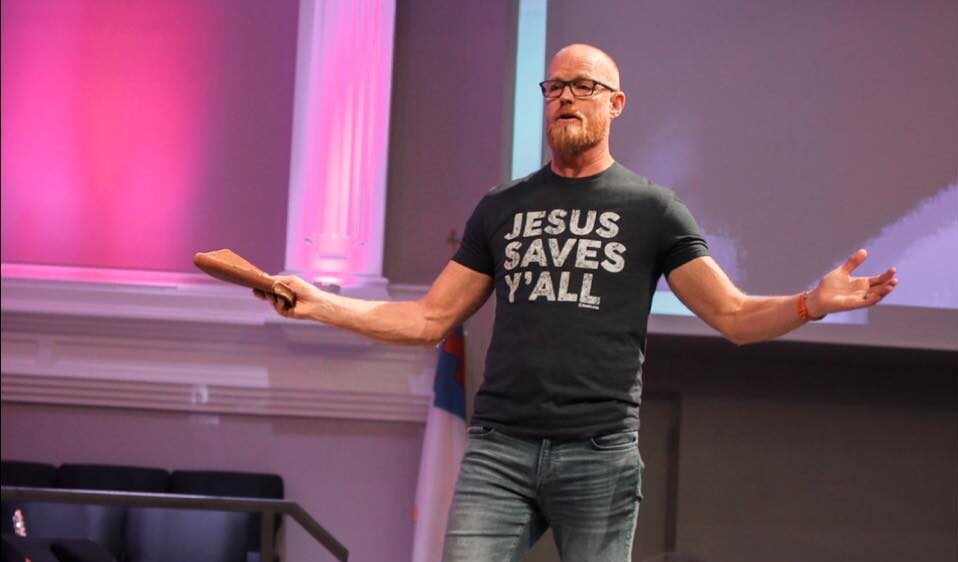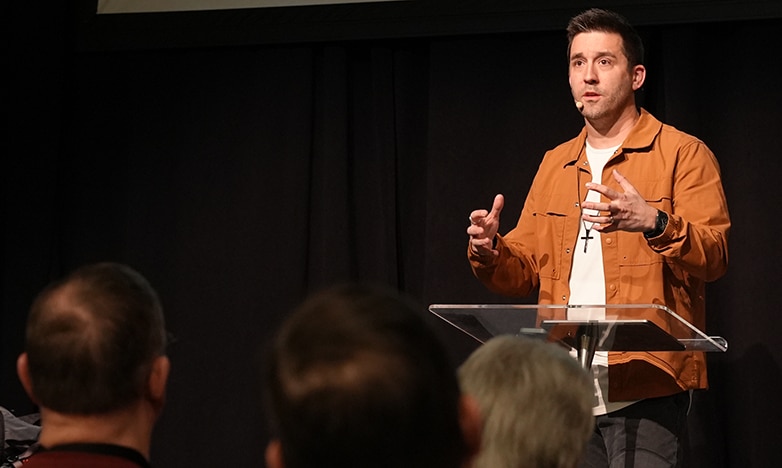While church decline and revitalization remain a hot topic for many pastors, churches across all denominations are dealing with how to strengthen, survive and thrive. Mark Clifton, executive director of church replanting and rural strategy at the North American Mission Board, recently encouraged Hawaii Pacific Baptist Church pastors via Zoom noting that, “Jesus has a plan for every church.”

Clifton likens failing churches to the plugged-up wells described in Genesis 26:18, explaining, “All across North America we’re seeing in the last few decades Satan has done a really good job of stopping up the wells,” he said during the Jan. 10 discussion. “These [declining] churches are places of living water that [are meant to] bring life to a community that desperately needs it. And Satan has done incredible work of stopping up these wells.”
RELATED: Check out more stories about Mark Clifton and church planting here.
Clifton stated during the Hawaii convention’s monthly pastors forum that closing a church ultimately robs God of His glory. Instead of digging new wells (planting new churches), a better strategy is to reclaim the existing wells. In addition to his role with NAMB, Clifton also is the teaching pastor at Linwood Baptist Church in Linwood, Kansas, and a visiting professor at Midwestern Baptist Theological Seminary.
Four steps
How do you implement a better strategy? While there are many steps to revitalizing a church, Clifton shared four that are especially important: prayer, discipleship, community engagement and preaching Jesus.
Prayer. The decline of a church is not merely a matter of changing demographics or an aging population, he said. “It’s spiritual warfare.” This means prayer is the driver, the fuel for revitalization. “Oftentimes we just sort of pray and say ‘God bless our work,’” he said. “But now we need to pray for God to show up and work through us. Prayer is the work.”
Discipleship. Churches don’t have an evangelism, stewardship or attendance problem, Clifton noted. Rather, “People are not being disciples making disciples.” “Church members have a whole pantry full of biblical knowledge, but they don’t know how to cook a meal,” he said. In other words, he explained, they’ve failed to apply their biblical knowledge and put it into practice.
Community engagement. A common complaint among churches is that, even though they’ve held events, given away food and provided services to the community, this doesn’t translate into new people showing up in the sanctuary. This isn’t what community engagement is about, he said. Churches should have those events “in order to get the people who are in your worship services to be engaged in the lives of the people who don’t come to church.” Through loving the community the gospel can be shared, he noted.
Preach Jesus. “The transformation of a church,” said Clifton, “is through the preaching of the Word, and the preaching of the Word is to preach Jesus.” Put simply, he said, every sermon must point people to Jesus.
It’s not about big numbers, he emphasized to the pastors.
“If you have a church of 15 or 18 and you reach one family for Jesus, that’s a huge change in the culture of that church,” he said. “Why? Because almost everybody (that family) know is likely not a Christian. They can share their faith with those folks.” In this way — one family at a time — the gospel can spread into a community, he noted.
You can view this discussion here.










